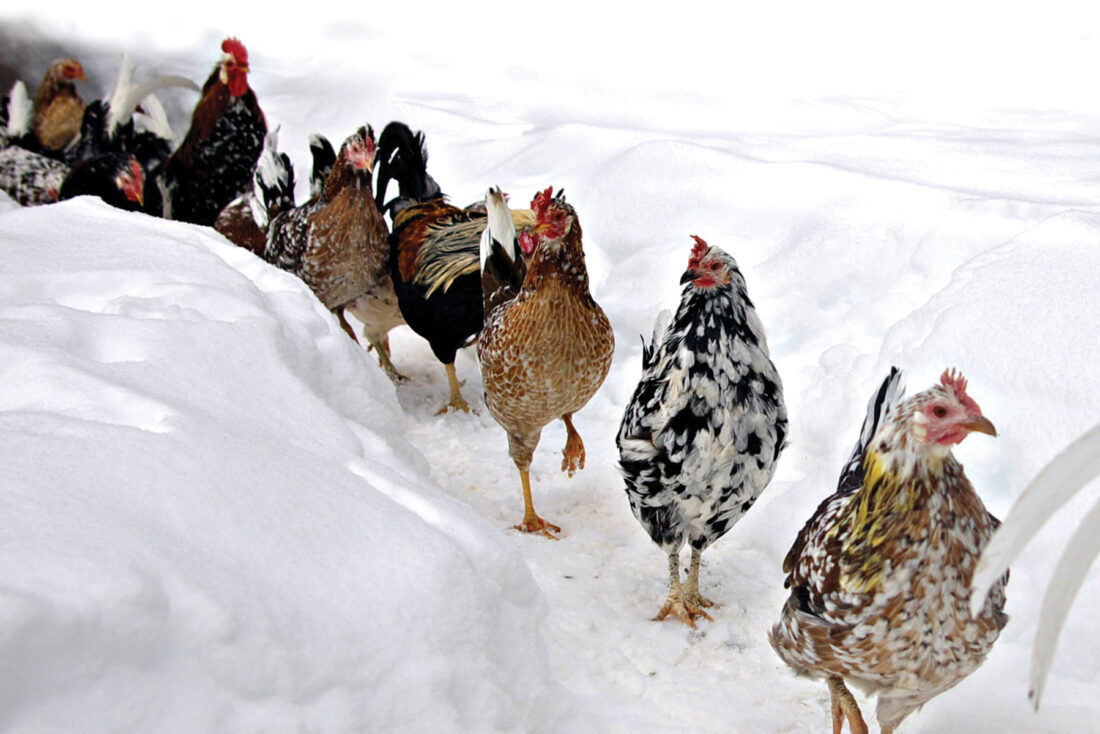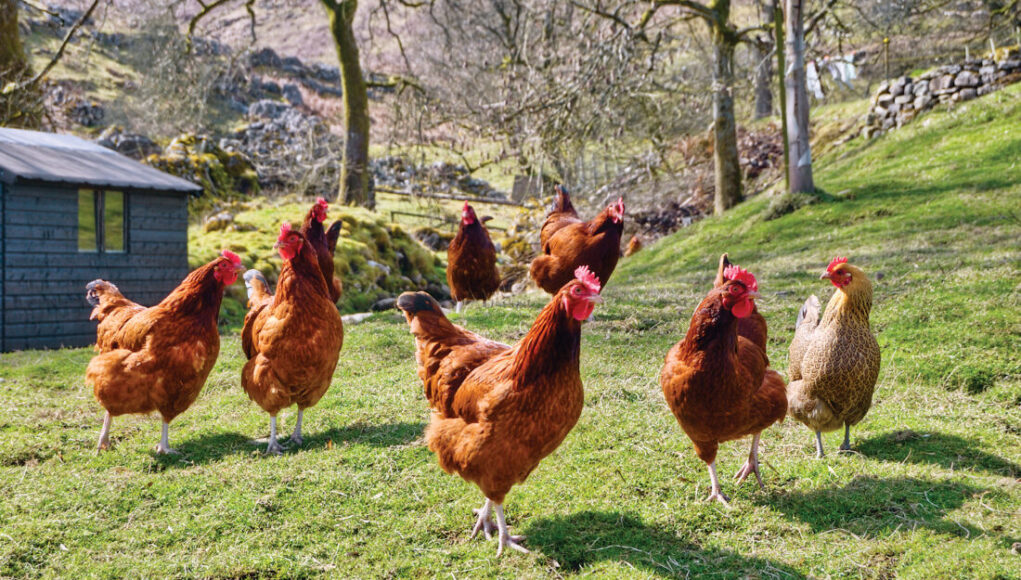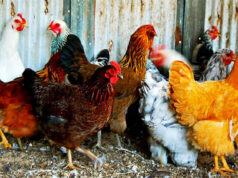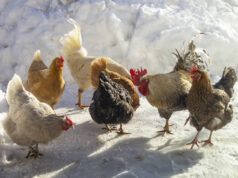Ensuring the health of your chickens is crucial for any poultry enthusiast. Understanding the signs of disease can help you take prompt action. In this article, we’ll delve deep into the various indicators and symptoms that can help you answer the question, ‘how do you know if a chicken has a disease?’

1. Introduction
Keeping your flock healthy is a top priority. Chickens can suffer from various diseases, and early detection is key to preventing outbreaks.

2. Common Symptoms of Chicken Diseases
2.1 Respiratory Issues
Respiratory issues in chickens can manifest as coughing, sneezing, and nasal discharge. These symptoms often indicate infections such as avian influenza or infectious bronchitis. Learn more about specific chicken respiratory diseases.
2.2 Feather Loss
Feather loss can be a sign of parasites or molting. However, if feather loss is accompanied by other symptoms, it could indicate a more serious issue.
2.3 Changes in Feeding Behavior
Chickens refusing to eat or drink, or displaying abnormal eating habits, can indicate illness. Watch closely for these behavioral changes.

3. Diagnosing Chicken Diseases
3.1 Veterinary Consultation
Consulting a veterinarian is crucial if you suspect your chicken is unwell. A vet can provide a diagnosis and recommend treatment options.
3.2 Laboratory Tests
In some cases, vets may recommend laboratory tests, including blood tests, to confirm the presence of a disease.

4. Prevention and Management
4.1 Biosecurity Measures
Implementing strong biosecurity measures can help prevent disease outbreaks. This includes controlling access to your flock and regularly cleaning their environment.
4.2 Vaccinations
Vaccinating your chickens can prevent many common diseases. Consult with a vet to create a vaccination schedule for your flock.
5. Case Studies
5.1 Case Study 1: Avian Influenza
Avian influenza is a highly contagious viral disease affecting chickens. Symptoms include respiratory issues, decreased egg production, and sudden death.
5.2 Case Study 2: Marek’s Disease
Marek’s disease is caused by a herpes virus and can lead to tumors and paralysis. Learn more about Marek’s disease.
6. Nutritional Factors
6.1 Balanced Diet
Providing a balanced diet is essential for maintaining the health of your chickens. Nutritional deficiencies can make them more susceptible to diseases.
6.2 Supplements
Supplements can help boost the immune system of your chickens. Consider adding vitamins and minerals to their diet.
7. Environmental Factors
7.1 Clean Living Space
Keeping your chickens in a clean environment reduces the risk of disease. Regularly clean their coop and provide fresh bedding.
7.2 Proper Ventilation
Ensure your chicken coop is well-ventilated to prevent respiratory issues.
8. Frequently Asked Questions
8.1 What are the most common chicken diseases?
Common chicken diseases include avian influenza, Marek’s disease, and coccidiosis.
8.2 How can I prevent diseases in my flock?
Implementing biosecurity measures, providing a balanced diet, and vaccinating your chickens can help prevent diseases.
8.3 When should I consult a vet?
If you notice any abnormal behavior or symptoms in your chickens, consult a veterinarian immediately.
9. Conclusion
Understanding the signs of disease in chickens can help you take prompt action and protect your flock. By implementing preventive measures and seeking veterinary advice, you can ensure the health and well-being of your chickens.
For further reading on this topic, visit this external link.
As an Amazon Associate, I earn from qualifying purchases.










